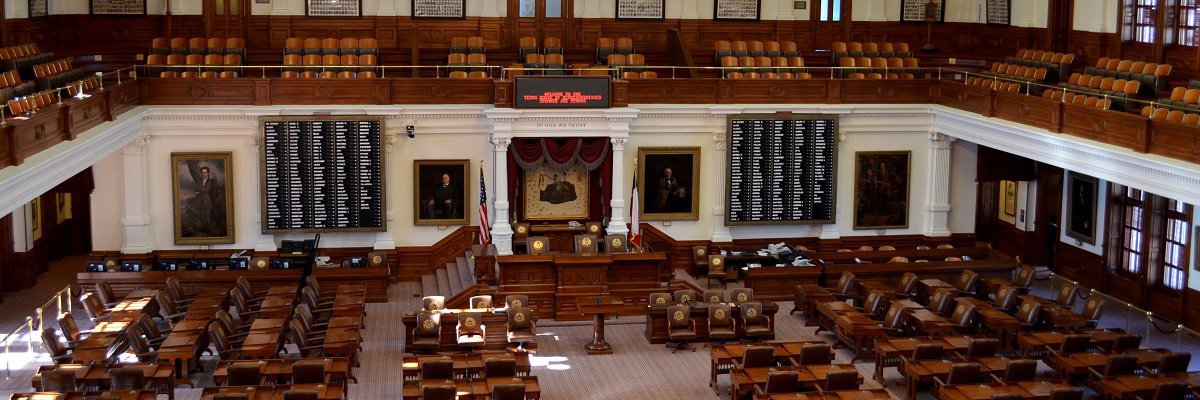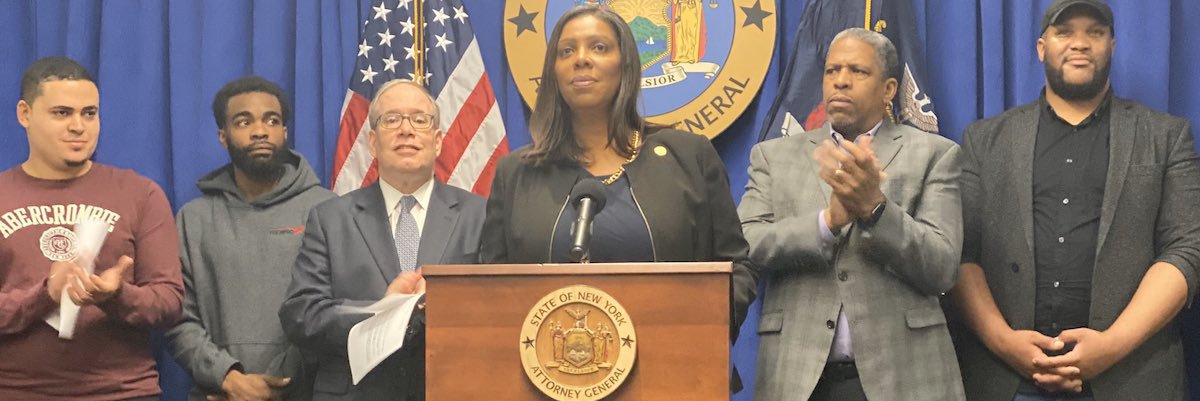The 86th Texas Legislative session ended on May 27th, and just last week, Governor Greg Abbot finished signing bills into law. According to the Freedom of Information Foundation of Texas, 193 of those bills discussed were related to public records.
“That isn’t even all the bills that deal with public records, but anything that looks like it might be positive or negative, or somehow affect open government, we keep an eye on it,” Kelley Shannon, the foundation’s executive director, said. “We sometimes testify for or against or try to talk to the legislators who filed them.”
FOIFT, whose mission statement is to “ensure that the public’s business is conducted in public,” took a stance on 71 bills up in the 86th session. Of those, 11 out of the 53 FOIFT supported passed, either outright or in wording of another bill. FOIFT also opposed 18 bills, four of which passed.
FOIFT, along with organizations like American Civil Liberties Union of Texas and Public Citizen, is a member of the Texas Sunshine Coalition. This past year, leading up to the legislative session, the TSC created a website which called attention to four areas identified by the group as needing to be improved or repaired in the state public record laws.
## Do you have a records struggle in your state? Let us know!
The four areas, according to Shannon, were the Boeing ruling that related to private contracts, the Greater Houston Partnership that dealt with public money going out to nonprofits, the custodian loophole when private decided are used to house public records, and date of birth information.
Ultimately, bills addressing three out of the four areas were successful, ending in a positive result for state public records.
“So those alone made it a successful session for open government,” Shannon said. “The people of Texas now have restored access to information about how their government’s decisions are being made, and how taxpayer money is being spent. We feel really glad that the legislature understood the importance of the public’s right to know and in most cases, did the right thing.”
These are the crucial bills that relate to the four areas:
- SB 943: FOIFT’s Executive Director said this bill was the biggest success in terms of public records. This bill was in response to two rulings - Boeing and Greater Houston Partnership - by the Texas Supreme Court in 2015 that blocked public access to how taxpayer money is spent. SB 943 ensures that contracting information is public and must be released unless excepted from disclosure, meaning that the public can see the terms of a government contract, including price, duration and performance evaluation methods.
- SB 944: This bill, which passed, closes a “custodian loophole” and now makes access to public records in a government official’s private cell phone or email account easier to obtain.
- HB 1655: This bill did not pass, but it would have restored access to dates of birth in public records. Access to date of birth would have ensured accurate criminal background checks for employees, allow the public to vet political candidates, help journalist in accurate reporting, and much more.
Image by Niagara via Wikimedia Commons and is licensed under CC BY-SA 3.0




